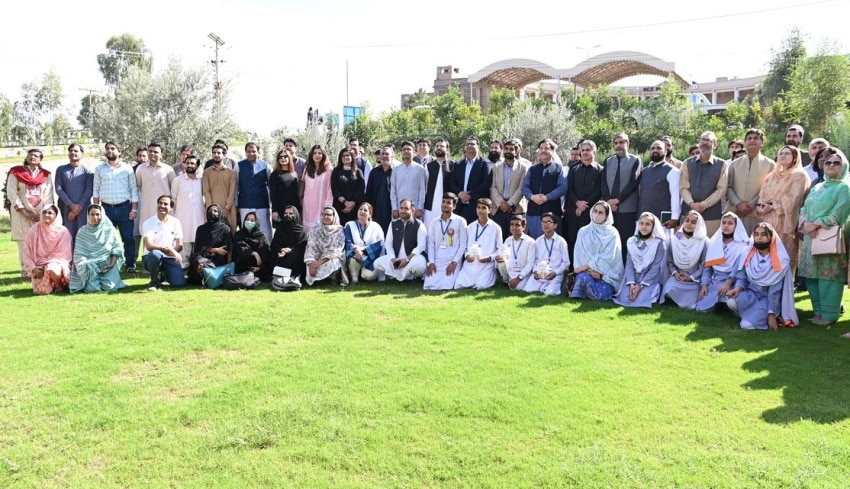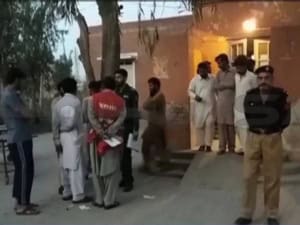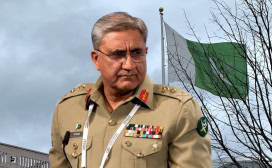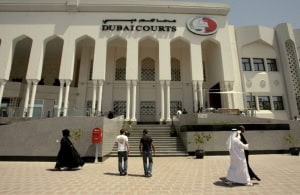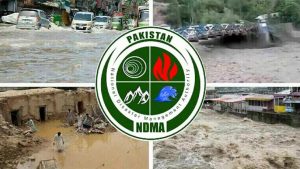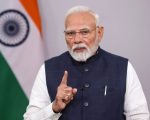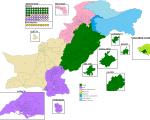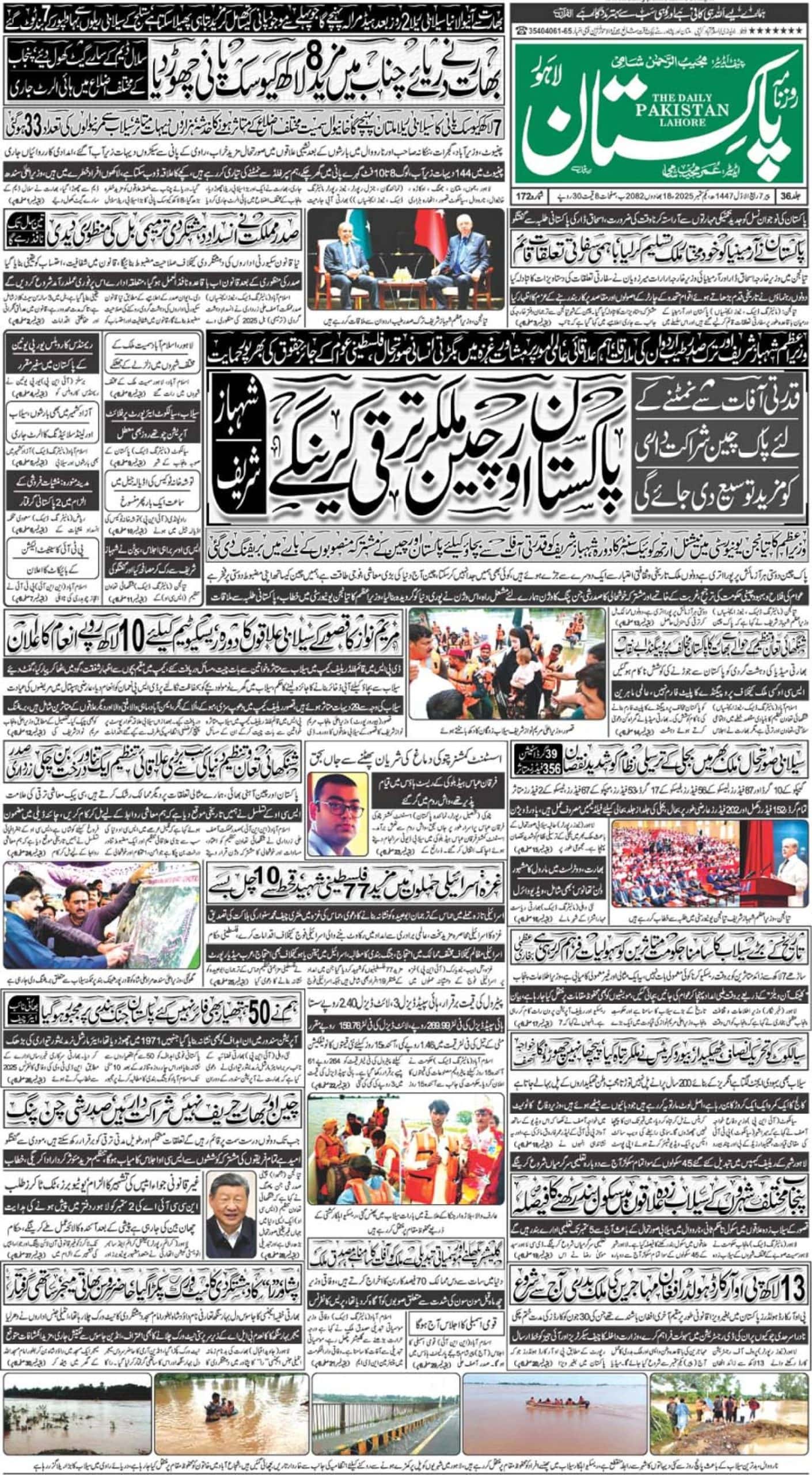PESHAWAR – Leading international food and beverage company PepsiCo participated in the seminar organized by the Food and Agriculture Organization (FAO) of the United Nations (UN) at the University of Agriculture in Peshawar to commemorate World Food Day.
The key theme of the day was “Water is life, water is food. Leave no one behind,” capturing the spirit of inclusiveness when it comes to water access and food security. Senior leaders from the World Food Programme (WFP), UN Women, PepsiCo, and the Government of Khyber Pakhtunkhwa were present.
The FAO’s Head of Office in KP, Mr Farrukh Toirov, emphasized the connection between the region’s agricultural prospects and the great Indus River. He underlined the need for water for farming and the availability of food. He emphasized how important it is to manage water responsibly and effectively to support sustainable agriculture through programs like the Living Indus Initiative. This strategy addresses climatic threats.
Haseeb Malik, Director of Agriculture Operations at PepsiCo Pakistan, discussed the company’s efforts during the seminar. He focused on restoring the Indus Basin, promoting sustainable agriculture, and supporting farming communities, particularly women. Mr Malik highlighted PepsiCo Pakistan’s commitment to sustainable water management, equipping farmers with knowledge and technology for sustainable water use.

He also mentioned their dedication to water conservation in company operations and communities. He also added that the scope of the Living Indus Initiative aligns with PepsiCo’s global pep+ (PepsiCo Positive) sustainability agenda and aspirations for creating a more resilient agricultural system that benefits both people and the planet.
The panel discussion was led by Dr. Rizwan Ahmed, Registrar of the University of Agriculture, Peshawar. Other panellists included Louis Sowe, Head of WFP in KP, Zainab Qaiser Khan, Director General of the UN Women Sub Office in KP, and Dr Abdul Bari, Director General of Agriculture Research, Government of KP.

They emphasized important concerns that were crucial to Pakistan’s future agricultural success, particularly in the province. Additionally, panellists spoke about providing equitable access to water for small farmers, women-led sustainable farming methods for food security, combating climate change for agricultural resilience, and empowering women and young people for inclusive agriculture.
